There has to be a point at which corporations realize that releasing unfinished games is training fans to not buy those same games at release, right? Forget the morality of it or the layoffs that happen when games struggle – just think for the sake of pure, selfish, capitalist business. The more games that come out broken or unfinished – and the more of those games that get fixed later down the line – the less fans are going to be excited to spend money on day one.
That’s just basic consumer psychology. It’s so basic that a lot of us talk about it like it’s a law of nature: Eh, I’ll just wait until they iron out the rough parts. I know we all know this, but I feel like I’m losing my mind as it happens again and again.
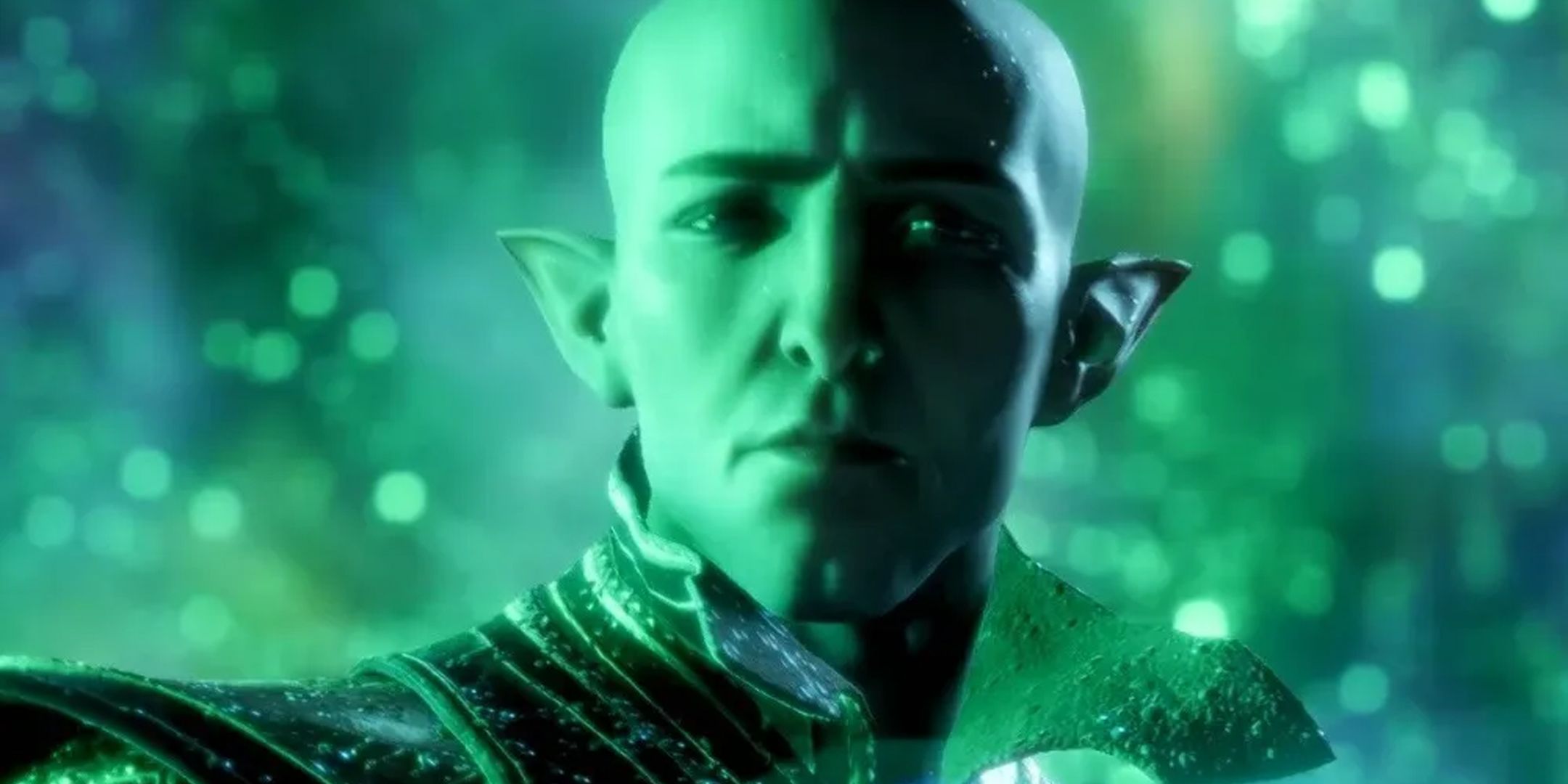
Related
EA, If You Want Live-Service Dragon Age, Just Make An MMO
Everyone is easy to dismiss the idea of a multiplayer Dragon Age, but an MMO isn’t such a far-fetched idea.
Dragon Age: The Veilguard Is The Latest In A Long Line
This is especially important because, going by the recent Dragon Age: The Veilguard discourse, its early sales were all that EA really cared about. And since those sales weren’t high enough, that has a real effect on the future of the franchise. There have already been layoffs because of it. That’s not me saying that Dragon Age: The Veilguard was incomplete – that’s me saying that these companies are laser focused on early sales.
But they also need to learn that we’re being trained to hold onto our money until everything is fixed and cheaper like in Cyberpunk 2077 or No Man’s Sky. Not because we’re wiser consumers who outsmarted the system, because that’s just what seems to keep happening.
Here’s an example. Way back in the innocent year of 2024, I was talking to my friend (who is real) about buying Star Wars: Outlaws. I’m a big Star Wars fan, but my friend lives in that universe. He’s not a toxic fan, but he is what I’d call a very intense one.
He spends thousands of dollars a year on collectibles and toys and trips to conventions. He also has a family and I’m sure he loves them to some extent, but Star Wars is really where his heart lives. Good or bad, if it’s Star Wars, he’s usually excited, right?
Games Are Turning Away Real Fans
I asked him if he was getting the game, assuming he’d say “yes”. And rather than that, he said, “Eh, I’ll just wait six months for them to fix it and sell it half off”. The sentiment didn’t surprise me. But the fact that it came from him did. He’s a ceaseless, unrelenting, hardcore fan who sees every show and movie the moment they drop – and still felt like it wasn’t worth buying immediately. And, no, it wasn’t because of weirdo culture war stuff. He’s relatively offline for a Star Wars fan. He just thought if it’s a big triple-A game, it’s probably going to launch bad and get good later. He’d been burned too many times.
And, look, this has nothing to do with whether or not you liked Star Wars: Outlaws. The game did get better after some finetuning. The game also didn’t sell as well as they hoped. Are the two related? Possibly! And it’s possible that fans over the years have been trained to expect triple-A games with long, expensive development cycles are going to launch broken.
And while a few unhinged people (ie, me) will still be suckers who drop money and fall for unfinished products again and again, a lot are starting to sit on the sidelines until it either dies on the vine or improves enough to buy. And the more that happens, the more corporations will have meltdowns about their games’ low initial sales.
Long Term Has To Matter More Than Short Term
Again, to belabor the point, this pattern of incomplete and unpolished games is so prevalent that the counter-response of “it’s not worth buying them at release” is costing these companies real money. If you’re a stockholder, get mad at that before you get mad at woke pronouns or a lack of live-service features.
Rushing things out the door may be good for the quarter, but it’s terrible for the reputation of the industry and even worse for the reputation of the developer. Also I’m pretty sure we all have an idea in our heads of which companies do this a lot. Which is why it’s also disappointing to start to see it come from companies you trust.
Okay. I want to preface this by saying I’m a very big Civilization fan. I’m also a very big Firaxis fan. I literally own every version of Civilization, including the Super Nintendo version of the original that inexplicably adds an anime goddess. Playing Civilization 2 in hot seat mode with my little brother are some of the best times of my childhood. I own Civilization 6 on at least four different devices. I’ve bought the board games. I have Sid Meier’s book on my shelf. I hunted down rare Alpha Centauri ephemera.
I’m also, tangentially, friends with a few people who have worked at the company. So, before I say anything, to the makers of this series, I want to reaffirm that I appreciate you. And, all cards on the table, I’ll keep giving you money.
Civilization 7: A Case Study
But you’re breaking my heart with this Civilization 7 release. Now, when I say that the game is currently ‘unfinished’, I don’t mean that it doesn’t run or it crashes or whatever. The game runs fine. What I’m talking about is the fact that basic features from the series are missing.
You can’t name your cities? The modern age – that is, the end of the game – doesn’t actually come all the way to the present? And weirdest of all, a dearth of information on what the UI actually does? By the end of its run, Civilization 6 felt obsessed with telling me what everything did.
The base version of this game costs $70. That’s already high. If you want all the bells and whistles – a phrase that I’ve never understood but use freely – you have to pay $130. That $130 – and the $100 tier below it – also got players into the game a few days early. Although, that might have been a mistake considering they’ve been writing a lot of negative reviews on Steam.
Still, if I’m going to pay $130, I expect it to be kind of feature-complete, even if I’m getting it a few days early. Hell, I expect to at least have some decent tool tips. I’m sure a lot of fans who would’ve dropped $130 in week two or three after release are gonna keep that money in their wallet now. I actually know people who feel that way.
My experience is only anecdotal and, to their credit, Firaxis immediately responded and said they’re getting to address fans’ concerns as fast as possible. Maybe I hit this bell too much, but I’m also sure it wasn’t the designers who made the decision of when this game was going out the door and how much to charge for it. And – again – the game runs just fine. It just feels a bit bare bones and confusing compared to previous Civilization games. As is the case with this series, I’m certain they’re going to release ten years of expansions that make it go from ‘good’ to ‘my bladder screams but I must have one more turn’.
But, again, this hurts the reputation of the series and makes people less excited to spend money on a whim later. Civilization 7 will most certainly get better but how many sales have already been lost? And how many fans are going to wait for it to go on sale long after the next quarterly report? And how much on sale will it have to be for them to pull the trigger?
Maybe 25 percent off isn’t enough if you’ve mostly heard negative things. Yes, games can recover. And they should. We’re better for Cyberpunk 2077 and No Man’s Sky existing and getting increasingly great. But there’s a reason we bring up those two examples so much: they are the successful exception to the losing money rule.
Forget better angles, I’m trying to appeal to executives’ worse demons, here. It’s not about letting fans down – although, hey, please don’t do that. It’s about not training consumers to expect your product to be nearly broken at full price and only worth trying at half price. You want them to spend more money on day one? Try to make the product on day one nearly as good as it’ll be ten months from now during a Christmas sale.
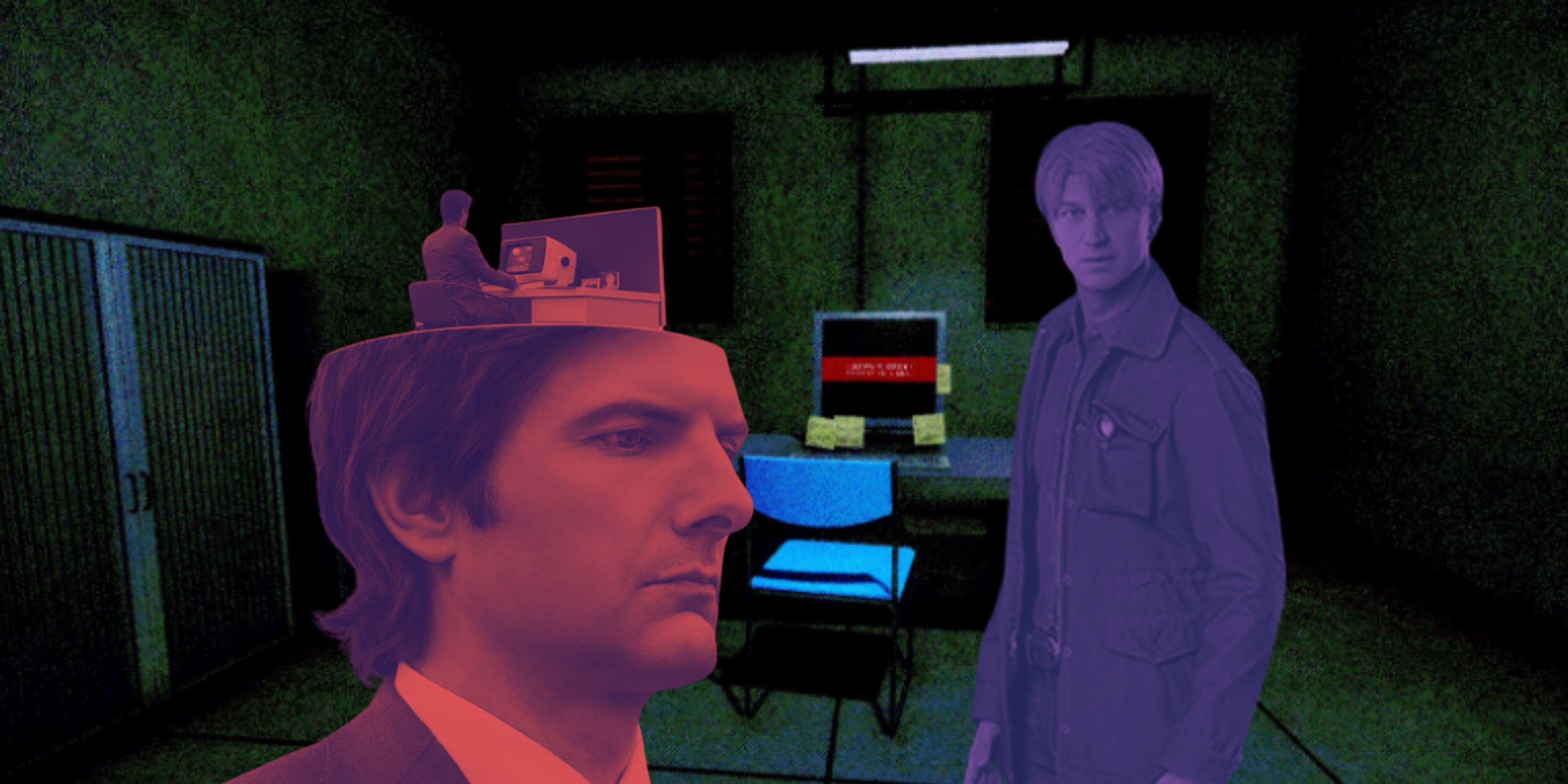
Next
Dead Letter Dept. Is Silent Hill Meets Severance
Whatever you do, do not look up the Byford Dolphin incident.
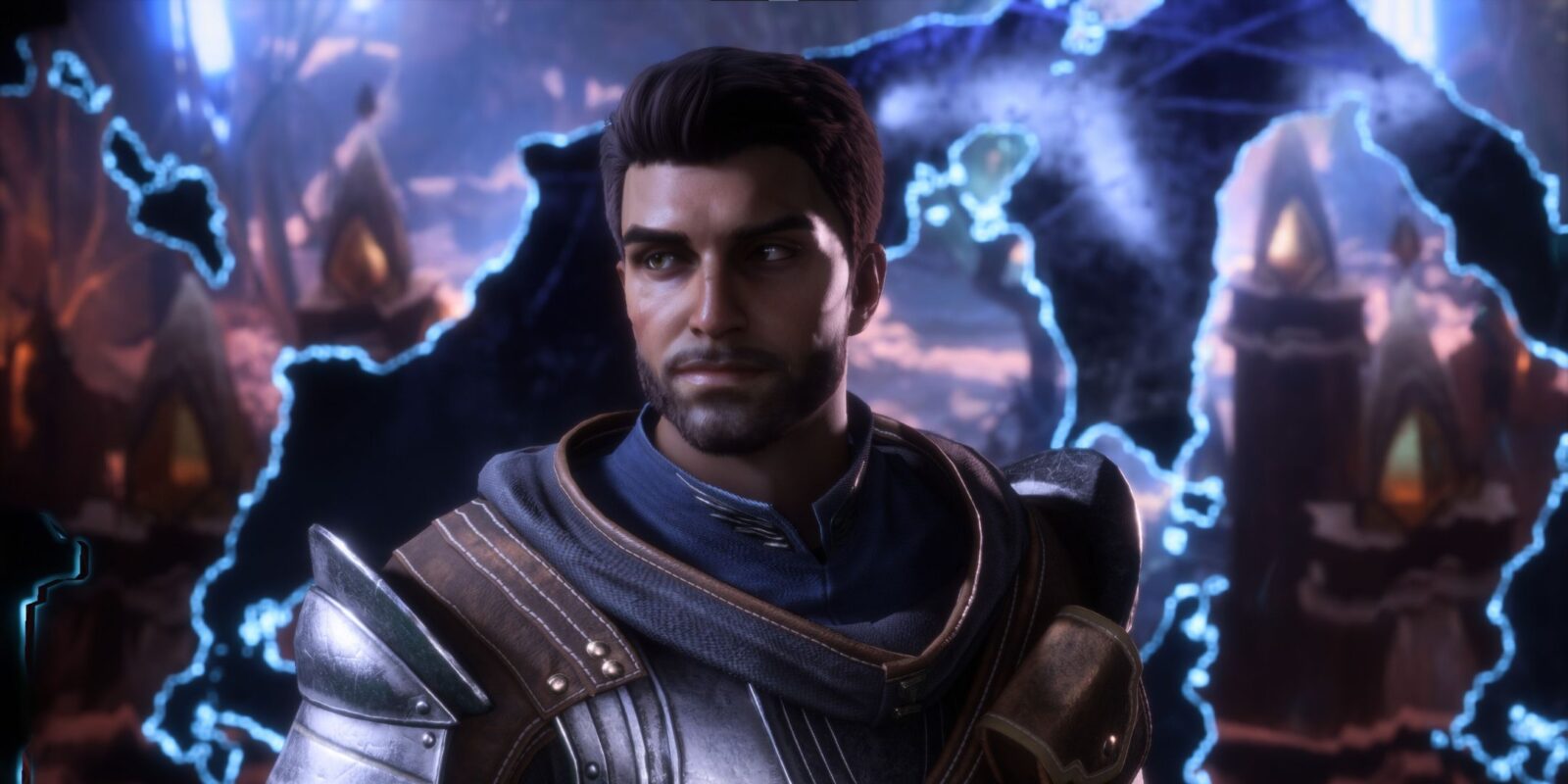

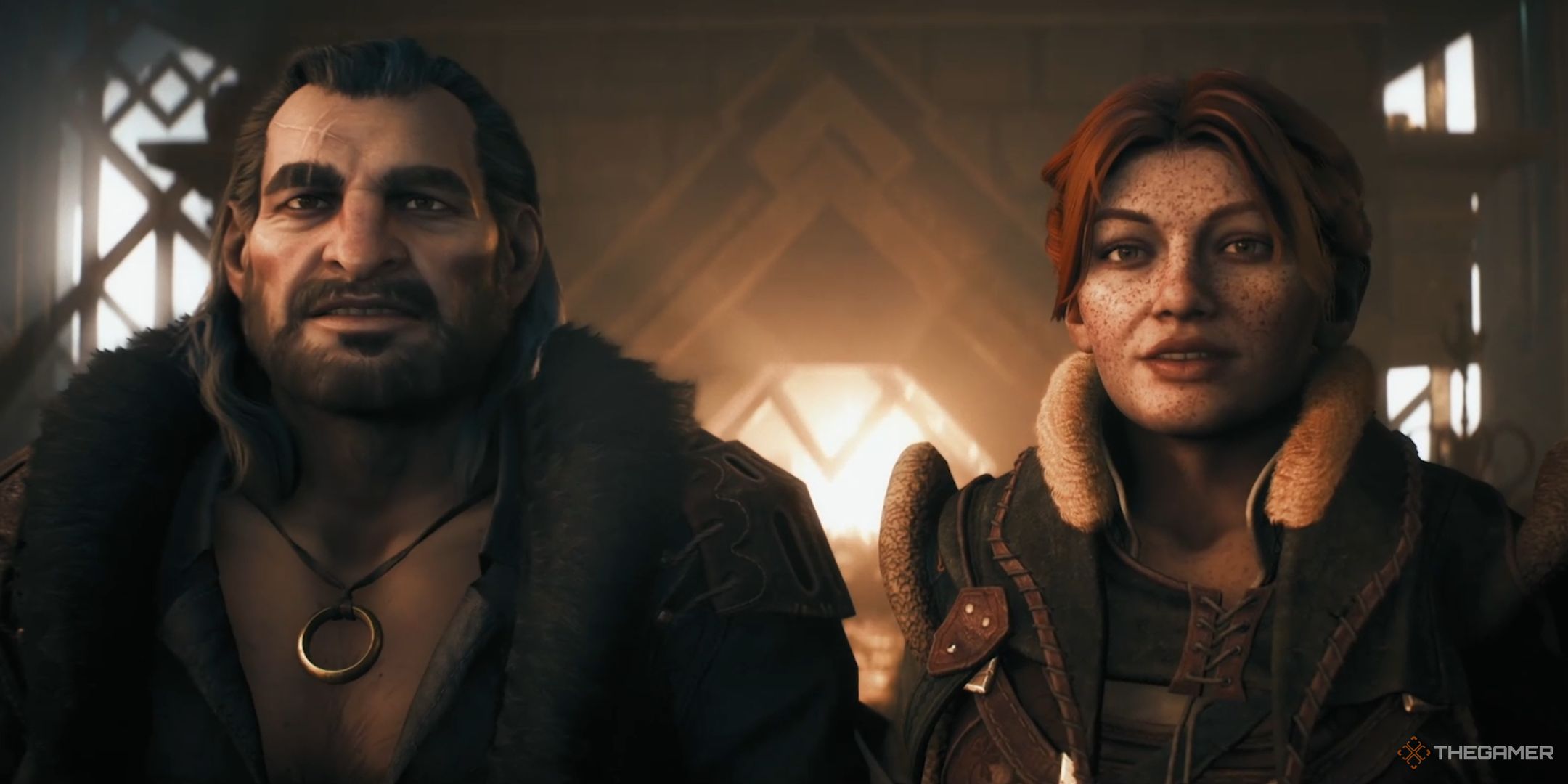
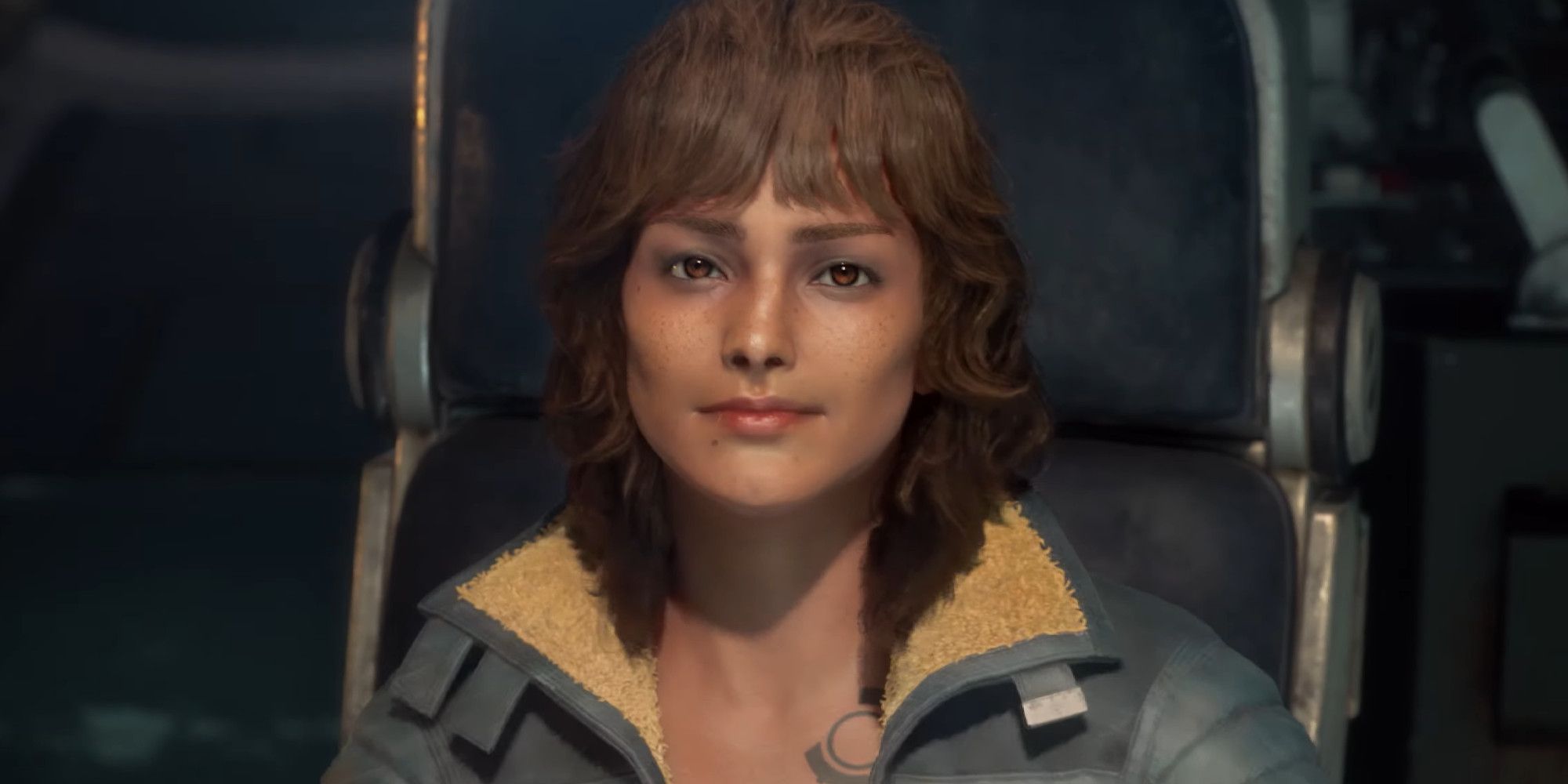
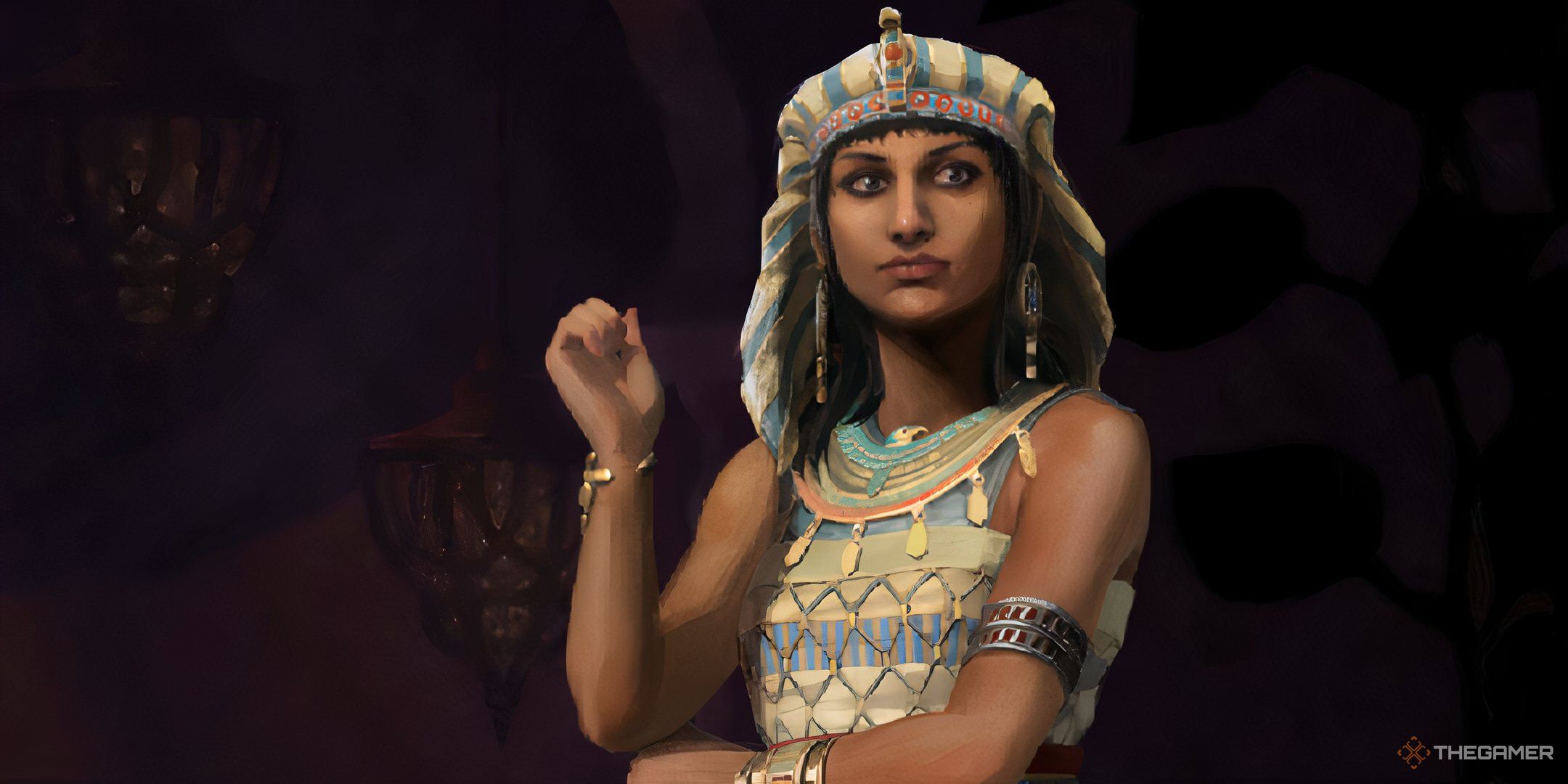
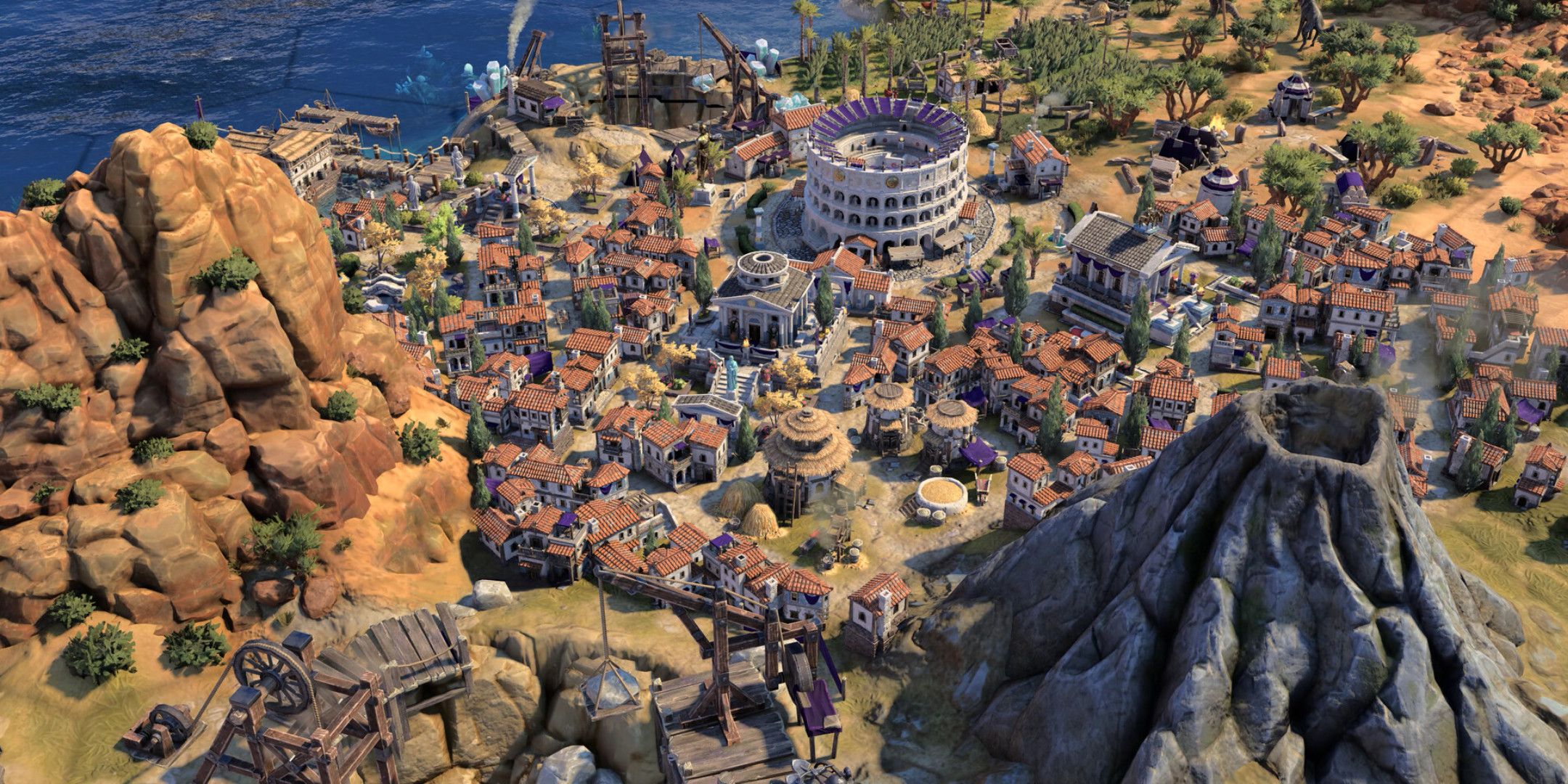
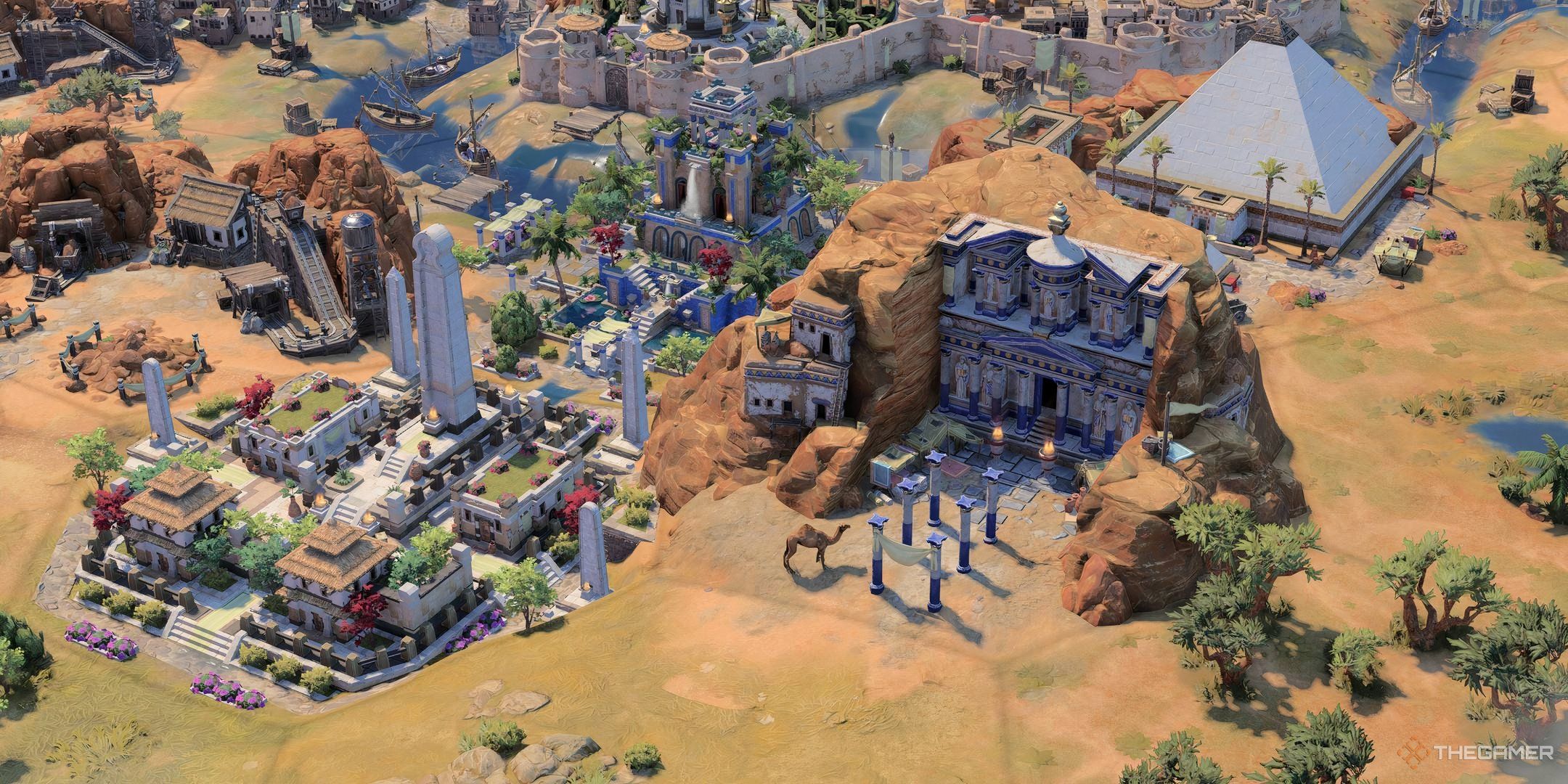










Leave a Reply